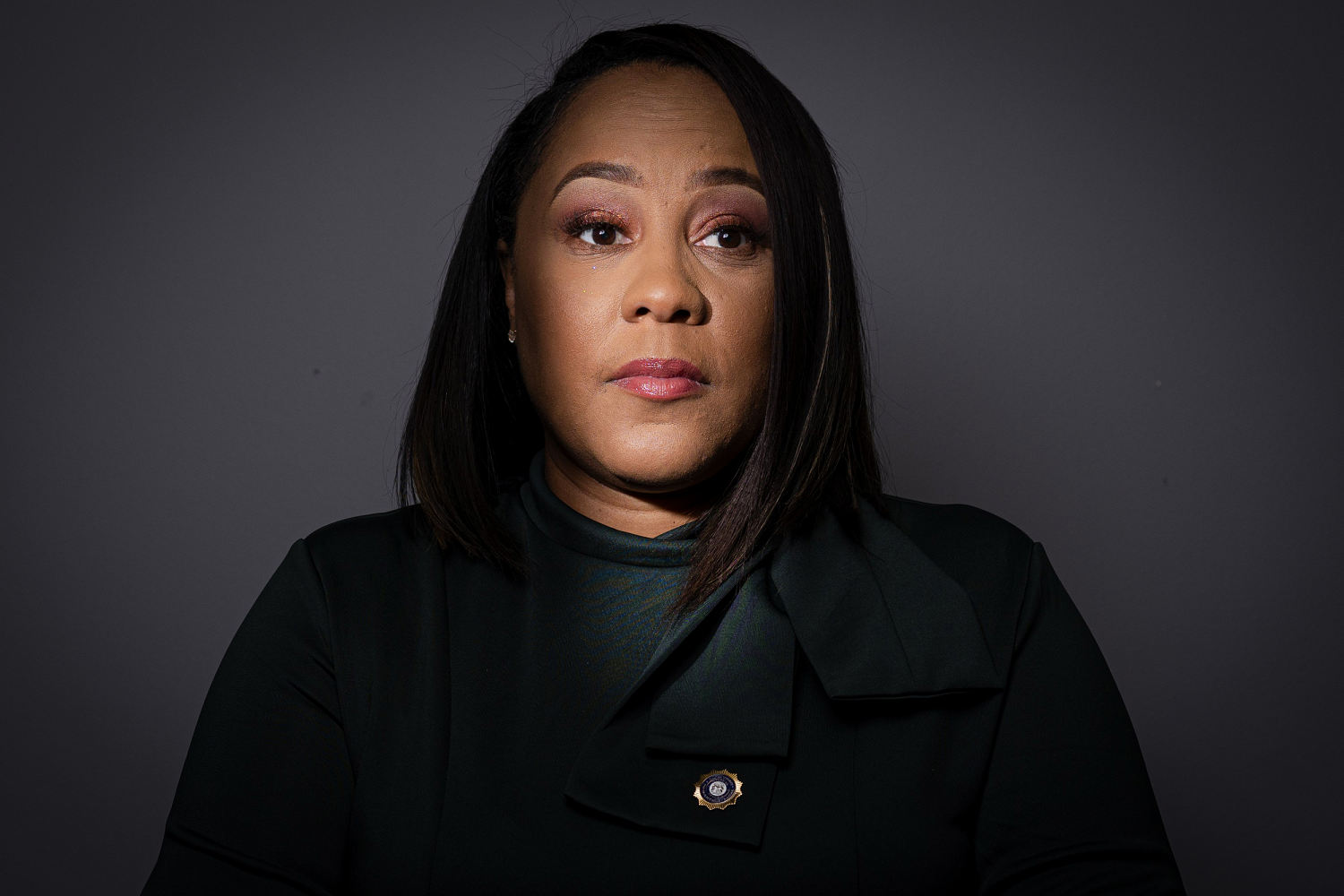
The disqualification of Fulton County District Attorney Fani Willis by a Georgia appeals court follows a seeming trend among conservative judges to respect stare decisis — the doctrine of following previous judicial decisions — only when it suits them. The conservative supermajority of the U.S. Supreme Court leads the way, notably with its June 2023 precedent-flipping spree — when in a matter of days it overturned some 200 years’ worth of precedent, including the near half-century of precedent that evolved from Roe v. Wade.
Whether it’s a trickle-down effect from the high court or just a shared love of untethered jurisprudence, the Georgia Court of Appeals displayed remarkable disrespect for both precedent and common sense in reversing trial judge Scott McAfee’s decision and finding that DA Willis and her entire office must be disqualified from the Georgia election interference case brought against Donald Trump and eight co-defendants.
There is no conflict of interest when two lawyers on the same team have a romantic relationship…they are already on the same side.
Trump and his co-defendants had initially asked Judge McAfee to dismiss the case entirely under the theory that an alleged romantic relationship between Willis and another prosecutor — Nathan Wade, whom she had hired to work on the prosecution — prejudiced the case against the defendants. Trump attorney Ashleigh Merchant and her co-counsel husband, John Merchant, blithely put forth this argument — with no apparent awareness of the hypocrisy of a husband-and-wife legal team claiming prejudice arises from co-counsel being in a romantic relationship.
Rather than quickly dispatching such a weak argument, McAfee held a circus of a hearing, lasting four days, in which he and the country took a deep dive into Fani Willis’ “sex life,” Wade’s divorce proceedings, dinner dates, vacations and who paid for what. McAfee denied the effort to dismiss the case and correctly found there no actual conflict of interest was presented. He did, however, gratuitously comment that the entire matter had an “odor of mendacity” and then ruled that an appearance of impropriety had to be remedied with either Wade or Willis (and her entire office) leaving the case.
Wade and Willis made the perfectly sensible decision to have Wade leave the case. Trump and his co-defendants appealed, and the appeals court on Thursday made the nonsensical decision to reverse McAfee and order Willis and her entire office disqualified.
Let’s start with the utter lack of common sense.
There is no conflict of interest when two lawyers on the same team have a romantic relationship. Being in a relationship doesn’t make it somehow easier to help their side, because they are already on the same side. Really, the entire basis of the complaint against Willis and Wade reeks of misogyny, as it suggests that a woman can’t be trusted to be competent at her job if she has romantic/sexual feelings toward a co-worker. It’s hard to imagine that if Willis were a man the same complaints would have been made.
The illogic of this complaint is that it leads to a conclusion that prosecutors, police and really anyone can’t have romantic relationships and friendships with co-workers. While this is a legitimate human resources question, it isn’t a legitimate basis for disqualification.
Despite finding no actual prejudice, both the trial court and the appeals court wrongly expressed concern about Willis’ and Wade’s testifying that they split their expenses for dinners and vacations 50-50, saying such a “reimbursement practice” was “unusual” and that the lack of documentation was worrisome given the lack of a “ledger.”
The existing Georgia law on disqualification reflected a commonsense approach to disqualification. As pointed out by the appeals court’s dissent:
“For at least the last 43 years, our appellate courts have held that an appearance of impropriety, without an actual conflict of interest or actual impropriety, provides no basis for the reversal of a trial court’s denial of a motion to disqualify.”
The illogic of this complaint is that it leads to a conclusion that anyone can’t have romantic relationships and friendships with co-workers.
It’s the trial court that is in the best position to judge, given its access to live testimony and its operational view of how the prosecution is conducted. Nevertheless, the appeals court concluded that disqualification was required because “no other remedy will suffice to restore public confidence in the integrity of these proceedings.”
I can’t help but wonder how the appeals court judges “public confidence.” Unless the judges are conducting polls or devoted to the engagement on Trump’s Truth Social or Elon Musk’s X and other social media, then they lack any basis to judge public confidence in any given case. That’s exactly why good judges rely on rulings that make up a body of law evolved from hundreds of individual cases throughout the years.
That’s the common law. That’s stare decisis.
